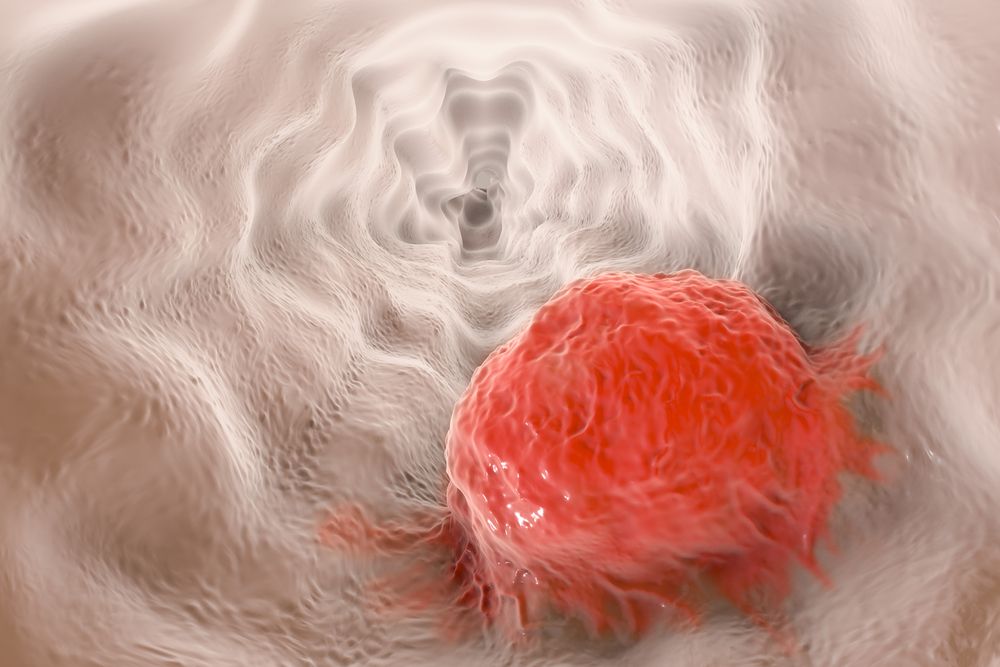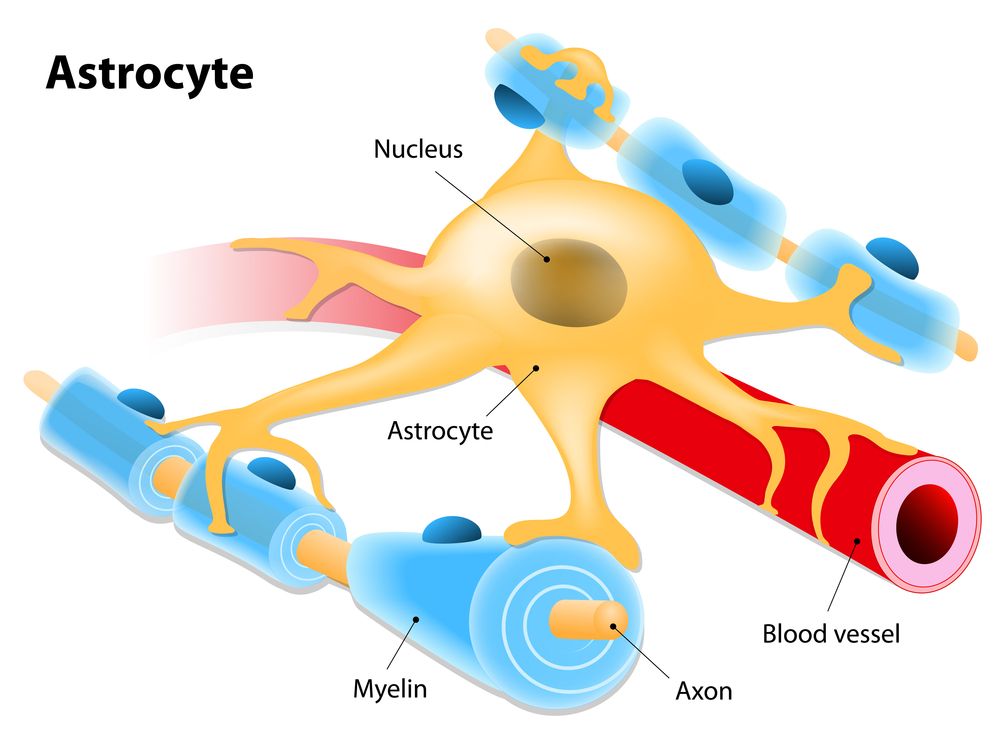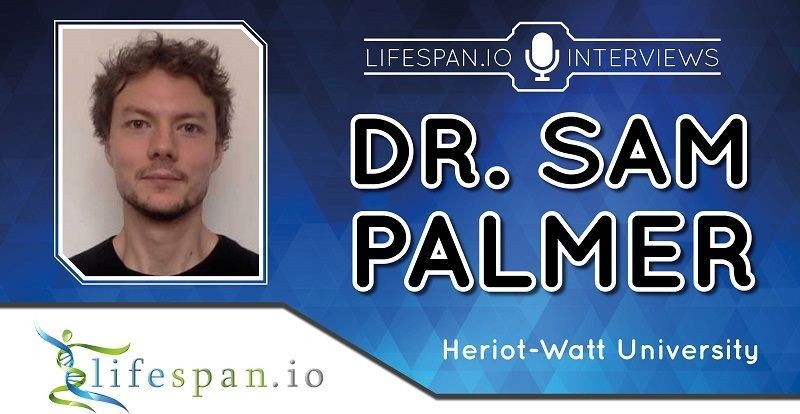Oct 25, 2018
Dr. David Sinclair AMA
Posted by Steve Hill in categories: biotech/medical, genetics, life extension
On the 23rd of this month, Dr. David Sinclair did an Ask Me Anything over at the Futurology subreddit in support of the NAD+ Mouse Project on Lifespan.io. There were a range of interesting questions from the community about his work in aging research, particularly the role of NAD+ in aging.
Dr. David A. Sinclair is a Professor in the Department of Genetics at Harvard Medical School and a co-joint Professor in the Department of Physiology and Pharmacology at the University of New South Wales. He is the co-Director of the Paul F. Glenn Laboratories for the Biological Mechanisms of Aging and a Senior Scholar of the Ellison Medical Foundation. He obtained his Ph.D. in Molecular Genetics at the University of New South Wales, Sydney in 1995. He worked as a postdoctoral researcher at M.I.T. with Dr. Leonard Guarente; there, he co-discovered a cause of aging for yeast as well as the role of Sir2 in epigenetic changes driven by genome instability.
More recently, he has been in the spotlight for his work with NAD+ precursors and their role in aging and has been helping to develop therapies that replace NAD+, which is lost with aging, in order to delay the diseases of old age. Below are a selection of questions and answers from the AMA, and we urge you to head over to Reddit Futurology to check out the other questions that people asked.

















